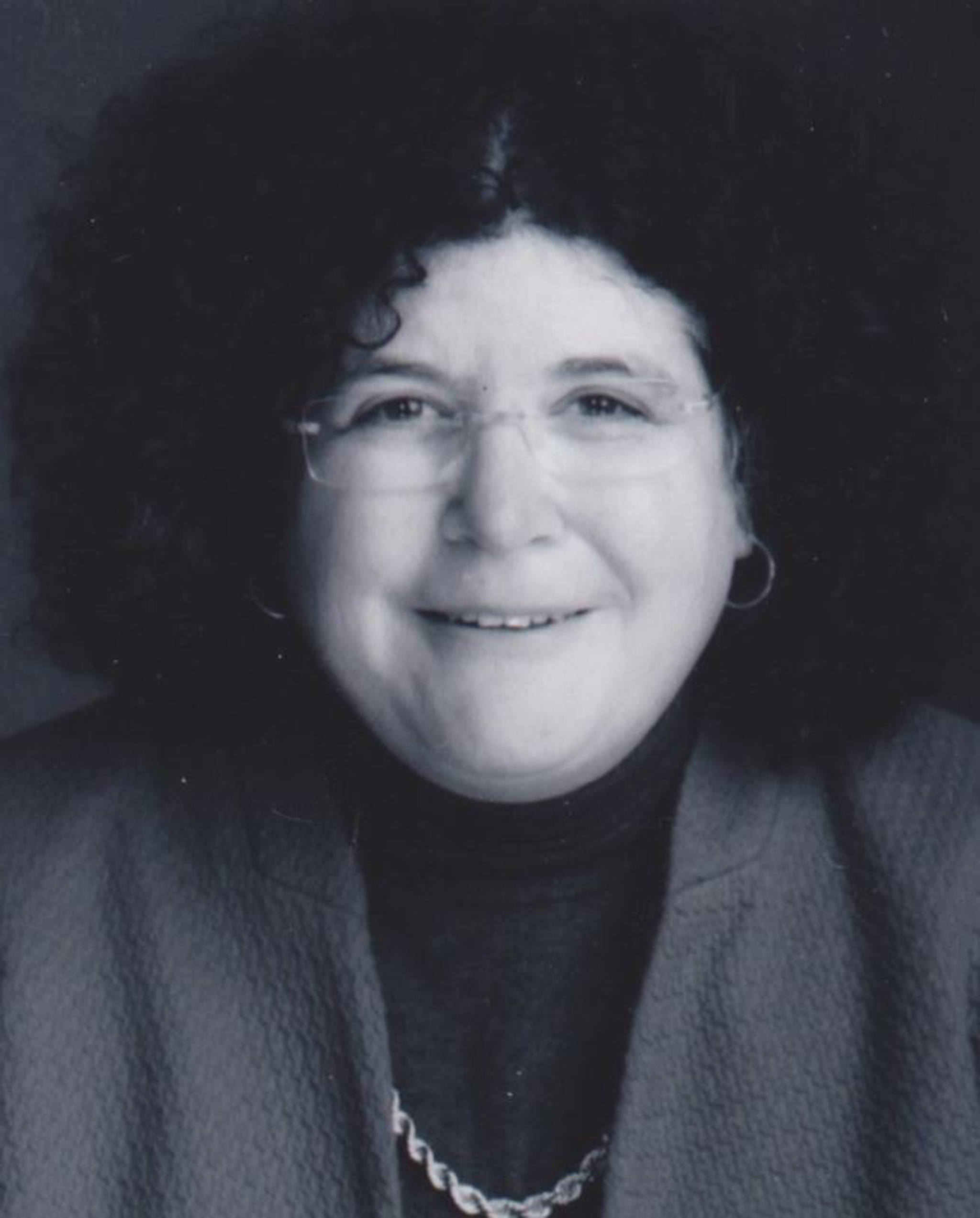Correction: This article previously stated incorrectly that Gov. Bill Walker has appointed 12 district court judges and nine superior court judges during his time as governor. According to the Alaska Judicial Council, Walker has appointed four district court judges and 11 superior court judges.
Gov. Bill Walker is tasked with choosing Juneau’s next superior court judge, and he’s not taking it lightly.
The final two candidates for the judge position, as picked by the Alaska Judicial Council, are Juneau attorneys Amy Mead and Julie Willoughby. Walker’s Deputy Chief of Staff John Hozey said Wednesday that Walker is working to set up in-person interviews with the two candidates, which Hozey said is different from most previous governors.
“What I understand is that prior administrations didn’t necessarily interview each and every candidate for the bench,” Hozey said, “but this administration certainly does.”
Walker, an attorney, has had numerous opportunities to select judges during his tenure as governor. According to Ballotpedia.org, Walker has appointed four district court judges and 11 superior court judges since taking office in 2014.
The Judicial Council went through its own thorough process to narrow the list of candidates to two, as described by Judicial Council Executive Director Susanne DiPietro. The council gets feedback from attorneys and judges who have seen the candidates in action, both via interviews and via a survey to the Alaska Bar Association (ABA), DiPietro said. The council also conducts interviews with the candidates.
Once the list is narrowed to two or more candidates, the governor has 45 days to make the final selection.The Judicial Council made its selections in mid-May, so Walker will have until about the end of June to make his choice.
DiPietro said Walker tends to take most of the allotted time, and Hozey said that’s due both to Walker’s desire to do a thorough job and to his busy schedule. Interviews with Mead and Willoughby have not yet been conducted, Hozey said, but Walker’s staff is working to set them up.
Hozey said Walker appreciates the research the Judicial Council has done, but also starts his own process from scratch.
Hozey said Walker finds it important to talk to the candidates face-to-face instead of just calling them up. He’ll receive letters and emails supporting candidates, Hozey said, and sometimes letters or emails that oppose a candidate. Walker will take those into consideration, and might also speak with other attorneys or judges who have an interest in the appointment.
“Sometimes he speaks with the outgoing judge to get a good feel for what that community needs,” Hozey said.
In terms of what Walker is looking for in a candidate, Hozey said that’s on a case-by-case basis. The Judicial Council has ABA members rate candidates on professional competence, integrity, fairness, judicial temperament and suitability of experience. Walker takes those factors into account, Hozey said, but tries to go beyond them as well.
“In addition to all the typical things you’d expect in terms of education and competency,” Hozey said, “he does also look for diversity and that’s important to him as well.”
Juneau will be in need of another superior court judge later this summer, as the Alaska Legislature voted in February to turn retiring District Court Judge Thomas Nave’s position into another superior court position in order to handle the increased amount of felony cases.
DiPietro said the Judicial Council will start advertising the new position later in June. If Mead or Willoughby (whomever does not get selected) wish to apply for that position, DiPietro said, they’ll have to re-apply. Hozey said Walker will likely re-interview the candidate as well.
• Contact reporter Alex McCarthy at 523-2271 or amccarthy@juneauempire.com. Follow him on Twitter at @akmccarthy.

